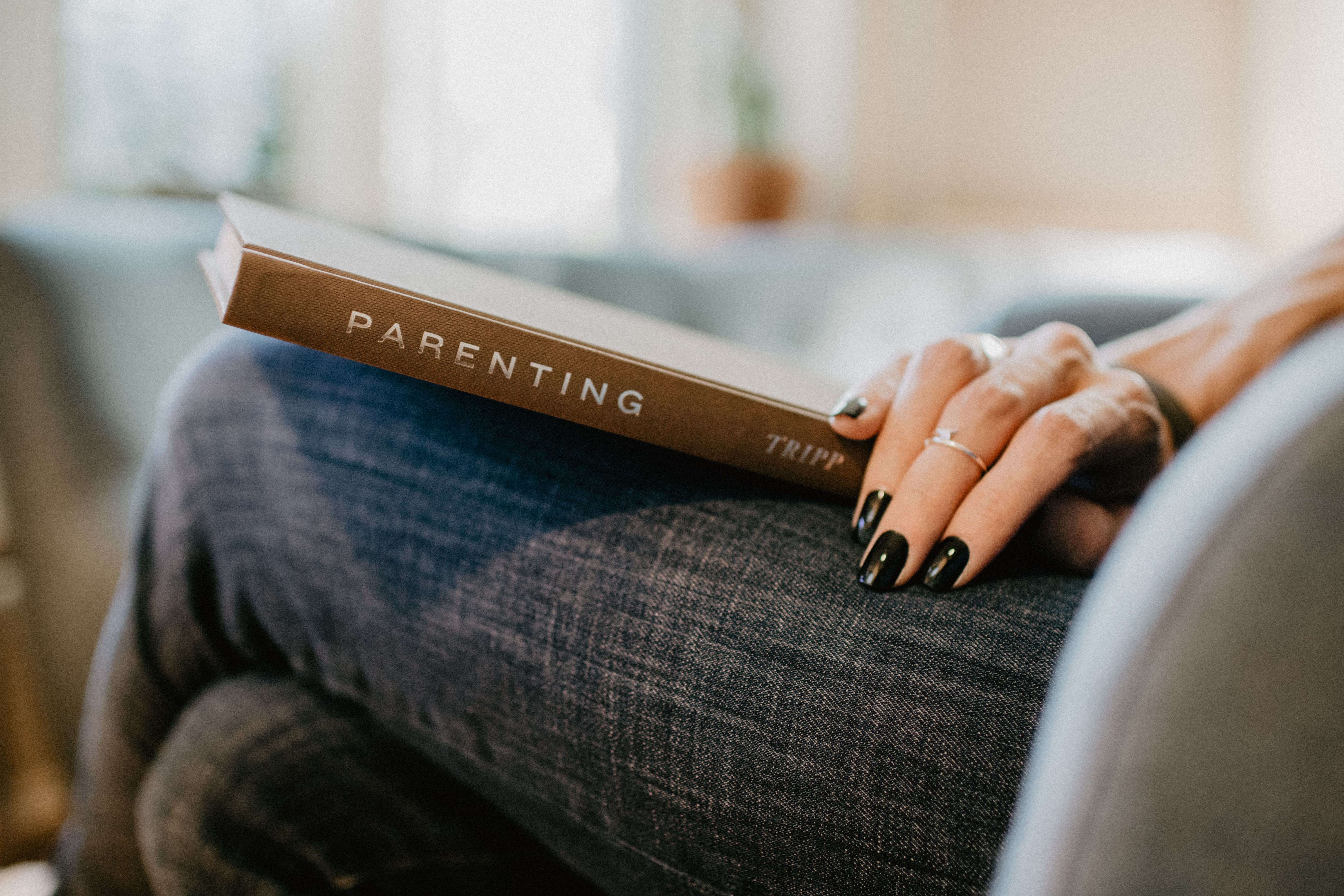
Expat Story: Parenting and Letting Go
It’s a challenge faced by all parents as well as those who play an important role in a child’s life or act as a support system to parents: keeping your children safe while giving them the space they need to grow and flourish. Finding a balance is especially important for international families, who have to keep adapting to the rules and context of their new society.
To inspire you, we share the story of mother and parenting coach Karin Keijzer, who found a way to let go and allow her sons to enjoy their newfound independence, but within supportive boundaries.
After many years in Dubai, my husband and I have moved our family back home to the Netherlands; that is, ‘back home’ for us, as both our boys (aged six and nine) were born in Dubai.
Our oldest son recently started coming home on his own after school. He and his friends want to stay at school longer to play soccer. The first time, I was a wreck! “He’s a sensible boy; he’ll be careful… He won’t talk to strangers,” I tried to reassure myself. And still I imagined scenarios that might jeopardise his safety on the five-minute walk from school. Can he handle unexpected situations? Did I prepare him enough for this? The worries circled. (He, however, was thoroughly undisturbed when he got home. Not a single concern had crossed his mind.)
In Dubai, my boys were always strapped into the back of my car, no matter where we were heading. Playing on the street wasn’t an option and, because friends were scattered throughout the city, neither was popping over for a play date on their own.
In contrast, kids in Holland walk or bike to school by themselves from an early age. This level of freedom is one of the reasons for our repatriation, but I would be lying if I said my kids’ journey to independence has left me unconcerned or unmoved! This is a new phase for me too and it can be daunting at times.
Ready to let go?
Of course, this is exactly when we, as parents, have to be strong; when we need to have faith in and trust our children. I realised my son was flourishing with more responsibility on his shoulders, and I needed to let go.
After all, isn’t that the only way to help our kids reach the level of independence and maturity we wish for them?
Nonetheless parents have needs too and I needed to find a way to feel secure about my eldest coming home on his own. So my husband and I came up with these guidelines:
- We gave him an old phone that he can use only to call me, my husband and other close family members. This means he can reach us if necessary (and we can reach him)
- We have agreed on ‘safe houses’ on the route home. These are houses of people we know and where he can ring the doorbell or simply walk into the garden if he feels unsafe in any way.
- School finishes at 2.30 pm and the agreement is that he must be home by 4 pm (especially during winter, when it starts getting dark here at 4.30 pm!).
In this way, we’ve been able to give our boys an appropriate level of freedom but with some common-sense safety guidelines and within a structure that also supports us as parents.
So far my son hasn’t come home late and calls if he is running even a few minutes late. I make sure he knows how happy it makes me that he takes my needs into consideration. He is also aware that he has this privilege because I can rely on him to follow through.
As the parent, you know your child best. Your solution will likely be different and you’ll need to find what works for you…
How do you find a balance between your children’s safety and freedom? What challenges have you faced as a parent when relocating? We’d love to hear your story!
If you like this article, subscribe to our newsletter and share these tips with an expat parent/carer who would like to overcome this challenge.
About the author
Karin Keijzer is a mother of two and parenting coach whose dream it is to help other parents rediscover the joy of child-rearing. Find her at http://parentingcoach.nl/.
FEEL FREE TO USE THIS ARTICLE IN YOUR BLOG OR NEWSLETTER. We ask only that you attribute Expat Nest and include the following: Expat Nest (www.expatnest.com) is a professional online counselling service for expats.
Photo: Kelly Sikkema / Unsplash






Dear Vivian,
This article reflects or gives a shed of light on how it could be different from culture to another. Usually everyone thinks being an expat is journey that is easy and could be handled, but in reality this is a decision that has its own risk. If one has children to look after, this makes it even more difficult. The Western World has more freedom indeed than other countries, despite that it really depends on the personality. The families are more connected together in the Middle East, in fact much more than Europe and US. But the children facilities are much less than anyone could expect. Having a play ground next to your home could not be an option at all. Getting to know people could be easier, but having fun over a weekend in certain decided place is much more difficult. In Holland we have a thousand places to visit over a weekend and enjoy it. In ME region, this is limited to far less options and places. And moreover, I know very well countries in which the concept of weekends does not exist, seriously does not exist at all. They have to work 7 days a week to feed their families, and the part time job is the vacation/holiday from the full time job.
A hard life, but there are people who are still smiling. And for them Europe is the heaven.
I wish everyone a better life and great future. And for the family wrote this article a great life in Netherlands
Kind regards,
Abdelrahman
Dear Abdelrahman,
Thanks for your comment. It is interesting that you see this topic from multiple perspectives and I find absolutely wonderful what you write towards the end of your comment with these heartfelt wishes. You are such an amazing soul Abdelrahman!
Best regards,
Vivian
Thank you so much Vivian for your very kind words.
Thanks for the insightful post and the equally insightful feedback. Letting go can be a heart- and mind-wrenching experience for parents and children, expat or non-expat. What the author did in this case was provide for five main aspects – self-awareness, responsibility, accountability, clear communication and provision of safety. Once those are in place there is a good framework that allows for steadily letting go without anxiety or stress.
This framework should also be subjected to regular review to enable tweaking and adjustment to accommodate changing scenarios or needs. Once this framework is in place, then other aspects that are personality-specific, culture-specific or ethnicity-specific can be added for balance and completeness.
Dear John,
Thank you for your comment and I am glad that you find this article valuable.
I think you said it all with the framework you described:
-self-awareness,
-responsibility,
-accountability,
-clear communication
-provision of safety
So clear and to the point! I re-wrote these points here so it is clear to other readers who come here each week to seek insights and inspiration. Once again, your comment serves as such.
Many thanks and best wishes,
Vivian